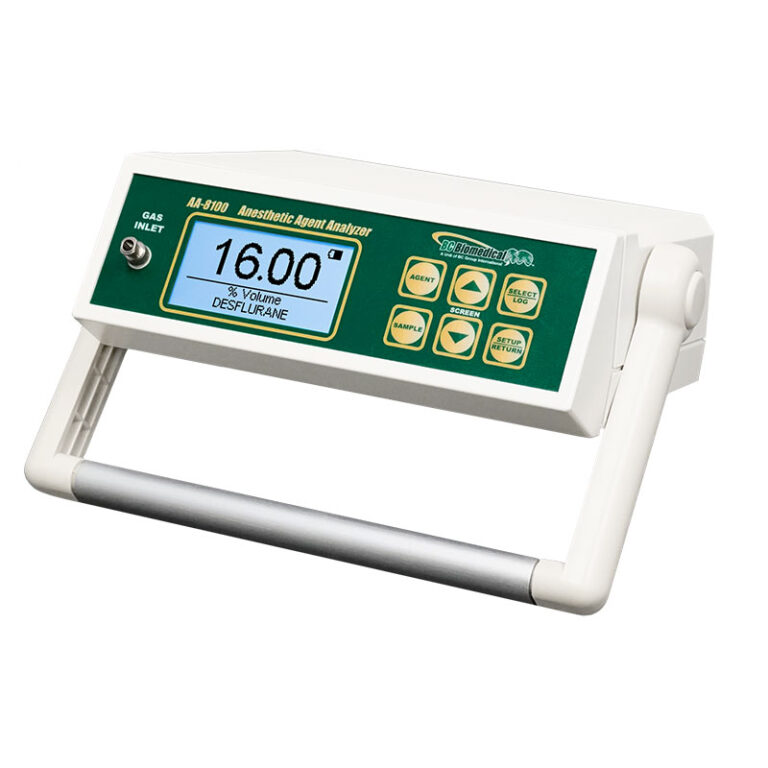A medical gas analyzer is a critical device used in healthcare settings to measure and ensure the proper concentration of gases used in medical procedures. Its primary purpose is to ensure patient safety by verifying that medical gases, such as oxygen, nitrous oxide, and carbon dioxide, are delivered in accurate concentrations. These gases are vital for various treatments, including anesthesia delivery, respiratory therapy, and intensive care. By analyzing gas composition, these devices help prevent complications arising from incorrect gas mixtures, such as hypoxia or anesthetic overdoses.
Beyond safety, medical gas analyzers are essential for maintaining compliance with regulatory standards and optimizing operational efficiency. Healthcare facilities must adhere to strict guidelines set by organizations like the NFPA, ISO, and local health authorities. These analyzers provide precise measurements that allow for routine testing and documentation, ensuring that medical gas systems function within acceptable limits. Furthermore, by detecting leaks or contaminants in gas lines, these tools contribute to the longevity and reliability of medical gas systems, reducing the need for costly repairs or system downtime.
Medical gas analyzers also play a crucial role in research and innovation within healthcare. For example, in developing new medical devices or therapies, accurate gas measurement ensures that prototypes meet clinical standards and function as intended. Similarly, in advanced clinical settings, such as hyperbaric therapy or neonatal care, gas analyzers allow for tailored treatments that meet the specific physiological needs of patients. Thus, medical gas analyzers not only safeguard current practices but also support advancements in medical science and technology.

